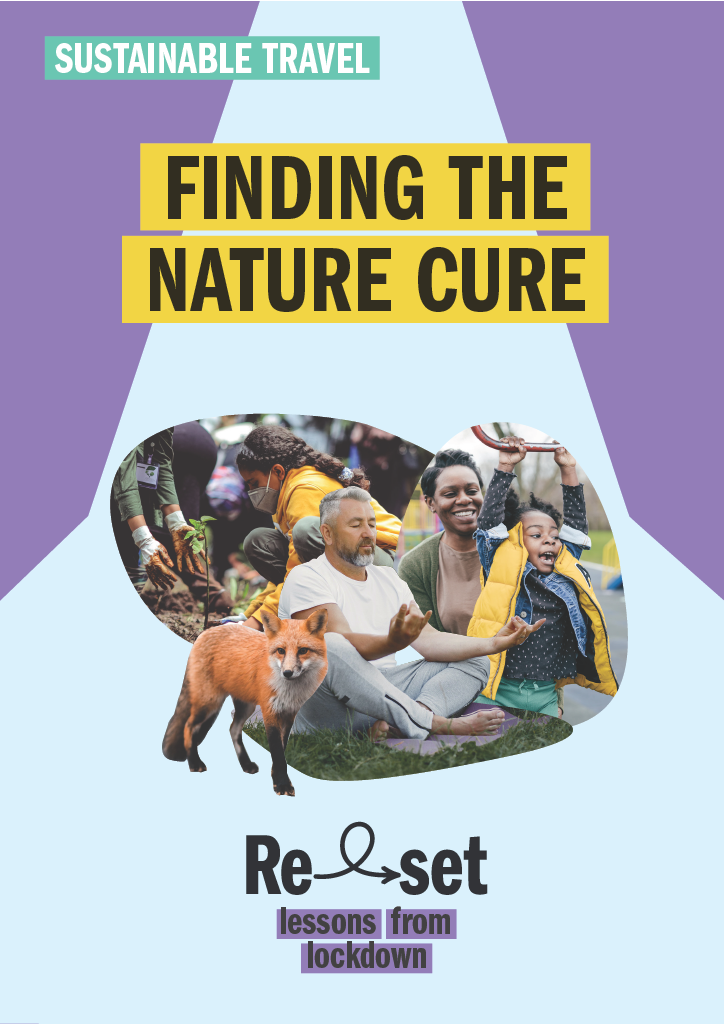As people poured outside into parks and gardens – or not, if they had no access – this drew immediate attention to the lack of greenspace in poorer communities and how this links to inequality and racism. Access to public greenspace became a political issue; a human right at a time of global health crisis. People wanted to engage with nature on their doorstep in a way and at a scale not seen before.
Open spaces, particularly wild ones like the UK’s south west coast path, literally saved my life when I was deep in depression. I think the pandemic has brought more and more people into a relationship with open spaces. They’re so nourishing and vital to us all.
– Chris Nichols, Consultant, Gameshift
A just transition to a more sustainable world will require equal rights to connect with nature and greenspace for all. The battle for the land varies around the world – from proving or gaining access to ownership to claiming the right to roam – but we all depend on green space and its biosphere directly for the clean air and water we need to survive.

This story is part of the Reset series – a collection of short downloadable stories that look in more detail at over consumption and unnecessary travel. They consider some of the key messages and solutions that have become apparent during the pandemic that could help us make the rapid transition to a more sustainable future.
This guide has been made possible by the support of ClimateWorks Foundation.
 From tree-lined streets becoming places of refuge, to wildlife re-emerging in cities and new calls for equal access to green space, the pandemic brought us a new awareness and appreciation of the many benefits of places where we can feel closer to nature. Many people forced to stay at home suddenly had more time and less space. Parks became valuable places for daily exercise, dance studios, outdoor gyms, playgrounds for children, and artists’ studios.
From tree-lined streets becoming places of refuge, to wildlife re-emerging in cities and new calls for equal access to green space, the pandemic brought us a new awareness and appreciation of the many benefits of places where we can feel closer to nature. Many people forced to stay at home suddenly had more time and less space. Parks became valuable places for daily exercise, dance studios, outdoor gyms, playgrounds for children, and artists’ studios.